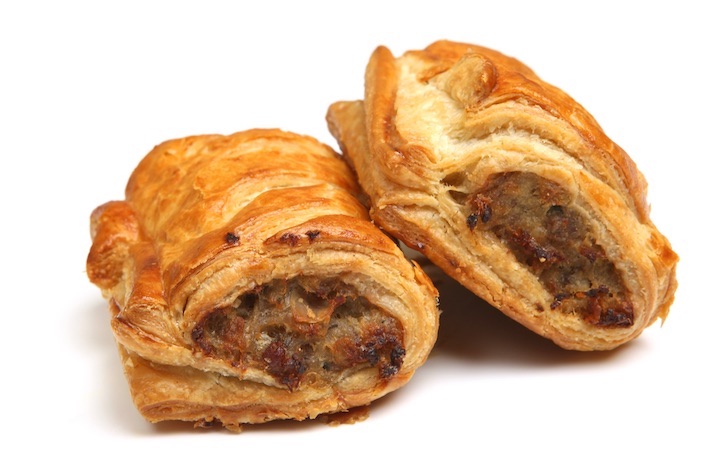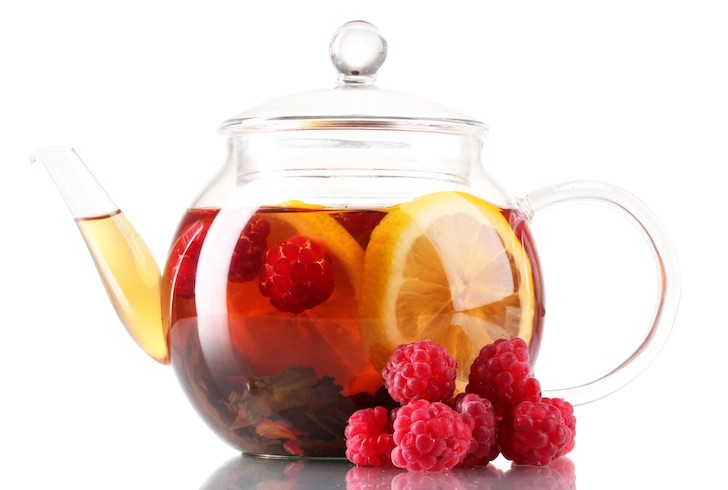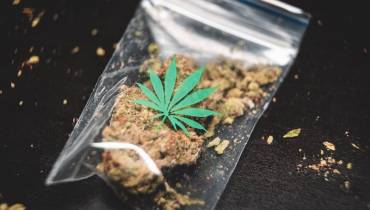Food and Drinks to Avoid if You Want to Boost Your Mood

January is a tough time of the year for many, with its cold, rainy days and long dark nights. The post-festive season slump can be hard to shake.
However, there are things we can do to boost our mood and energy levels to kick start the new year in a positive light – and it could be as simple as consuming and avoiding certain food and drinks.
Interested in this, Iceheadshop.co.uk sought to find out which food and drinks could have an impact on our mood, and with the help of an expert nutritionist collated tips on which are best to avoid.
Foods to Avoid
The bad news is, all those sausage rolls you ate in December could be affecting your mood for the worse. Although it’s important to eat foods you enjoy, moderation is key, as poor gut health can have an impact on your mental health.
Abi Roberts, a registered nutritionist with years of experience, explains:
“The gut and brain communicate through complex signals, meaning if one of them is out of balance, it can impact the other. Depression and anxiety have been heavily linked to an unhealthy gut microbiome.”
An excess of processed foods has been found to be harmful to your gut biome, which in turn can impact your mood and mental health. This means any food that has been altered during manufacturing, and although obviously not all processed foods are considered unhealthy, many have high amounts of salt or sugar to act as a preservative or to add flavour. This includes foods such as: sausage rolls, oven chips, crisps, pastries, cakes, biscuits, and breakfast cereals.

Homemade sausage rolls via Shutterstock, credit: Joe Gough
Best Foods to Eat Instead
There are some essential vitamins and nutrients that are great for boosting your mood, through elevating your energy level and fueling your body:
Omega-3 fatty acids are highly beneficial for energy levels, and have even been found to function as mood stabilizers in some people.
A study conducted in New Zealand found that the consumption of fish (a food rich in Omega-3 fatty acids) was linked to an improved sense of emotional wellbeing, even when researchers took other possibly influencing factors into account.
Incorporating foods rich in Omega-3s could go a long way in improving your mood, and is even easy to do if you have a plant-based diet, as foods such as flaxseed, cauliflower, kidney beans and broccoli are ideal for a boost.
Magnesium is also very important when it comes to your energy levels, so consuming foods high in magnesium could give you a lift in this gloomy period: Pumpkin seeds, spinach, almonds, peanuts, bananas, kidney beans and dark chocolate are amongst some of the best sources of this nutrient.
Drinks to Avoid
Similar to processed foods, drinks that contain a high amount of sugar can have a similar impact on your mood, due to the relationship between the gut-brain axis (how they communicate with each other).
Abi Roberts says:
“Sugar acts as fuel for the bad bacteria in your gut, allowing them to thrive and repopulate, leaving less room for the good bacteria to grow. This can cause an unhealthy gut microbiome, sending skewed signals to the brain and lowering your mood.”
So to banish the Blues, make sure your intake of fizzy drinks, syrup-laden iced coffees and energy drinks is at a reasonable level.

Lemon and raspberry tea via Shutterstock, credit: Africa Studio
Best Drinks to Take Instead
We’ve all been told that drinking enough water is an important aspect of staying healthy, and the ideal is that drinking six to eight glasses a day of fluid (not just water) is essential.
Sugar free and low fat drinks like squash, milk, tea, and coffee all count, and can contain antioxidants and nutrients than help to alleviate lethargy:
Matcha is a great option for those looking for something with more kick than regular green tea, as it contains an amino-acid called L-Theanine that soothes the mind whilst still giving you an energy boost.
Kefir is full of gut-boosting probiotics, making it a fantastic drink choice to boost your mood. Diversifying the gut microbiome means it can communicate correctly with the brain - essential for good mental health and a boosted mood.
Smoothies are a great way of consuming more fruits and vegetables, and when they’re homemade you know exactly what’s in them too, so no need to worry about excess sugar. Bananas are high in magnesium, potassium, and vitamins C and B6 so are a great base.




















